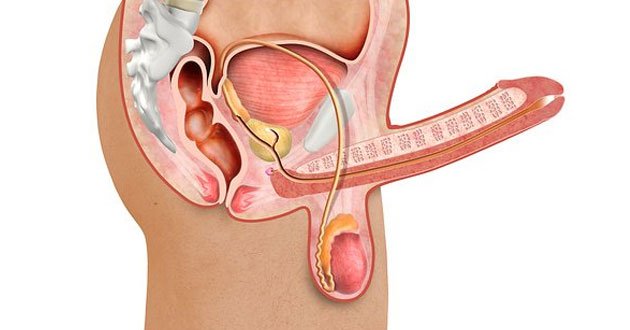Priapism is an unwanted and prolonged erection of the penis, which can be the symptom of a disease, and cause irreversible damage, or serious sequelae such as erectile dysfunction, if not treated early.

Priapism is the persistent erection of the penis (or clitoris, but we will focus on the penis in this article) that is not due to sexual desire or stimulation. This name derives from Priapo, the Greek god of fertility, vegetation and agricultural life, who was a character that used to be depicted with a great phallus in perpetual erection and disproportionately large, symbolizing the fertilizing force of nature.
Priapism is not an excessively common problem. Overall, there are 1.5 cases per 100,000 men in a year. In males aged 40 to 50, this incidence increases to 2.9 cases per 100,000 men in one year. It can also happen in children, mainly due to a genetic blood disease called sickle cell disease, since two-thirds of children with priapism have sickle cell disease.
There are multiple causes that can lead to priapism, and when consulted about this problem in the ER, there is no need to hide any information from the doctor, even if it is secondary to illegal drug use. In order to avoid priapism, it is advisable not to use any type of drugs and, above all, not to inject substances without medical indication into the penis.
Due to its mechanism of production, there are two types of priapism, the most frequent being ischemic priapism, and also the most dangerous, since if it is not resolved in time, it leads to necrosis of the tissues of the cavernous bodies of the penis, and the impotence and perpetual flaccidity of this organ. In addition, this symptom is important because it can be the manifestation of serious illnesses that will require your own treatment.

When the penis is erect in a sustained and prolonged way and hurts, there is no doubt: it is a case of priapism. Pain is also usually a warning sign, an indication that it is probably the ischemic type of priapism, in which impotence or erectile dysfunction remains as a sequel. It is important to consult with your doctor as soon as possible so that you can establish the appropriate treatment immediately.
Source: https://www.webconsultas.com/salud-al-dia/priapismo/que-es-el-priapismo